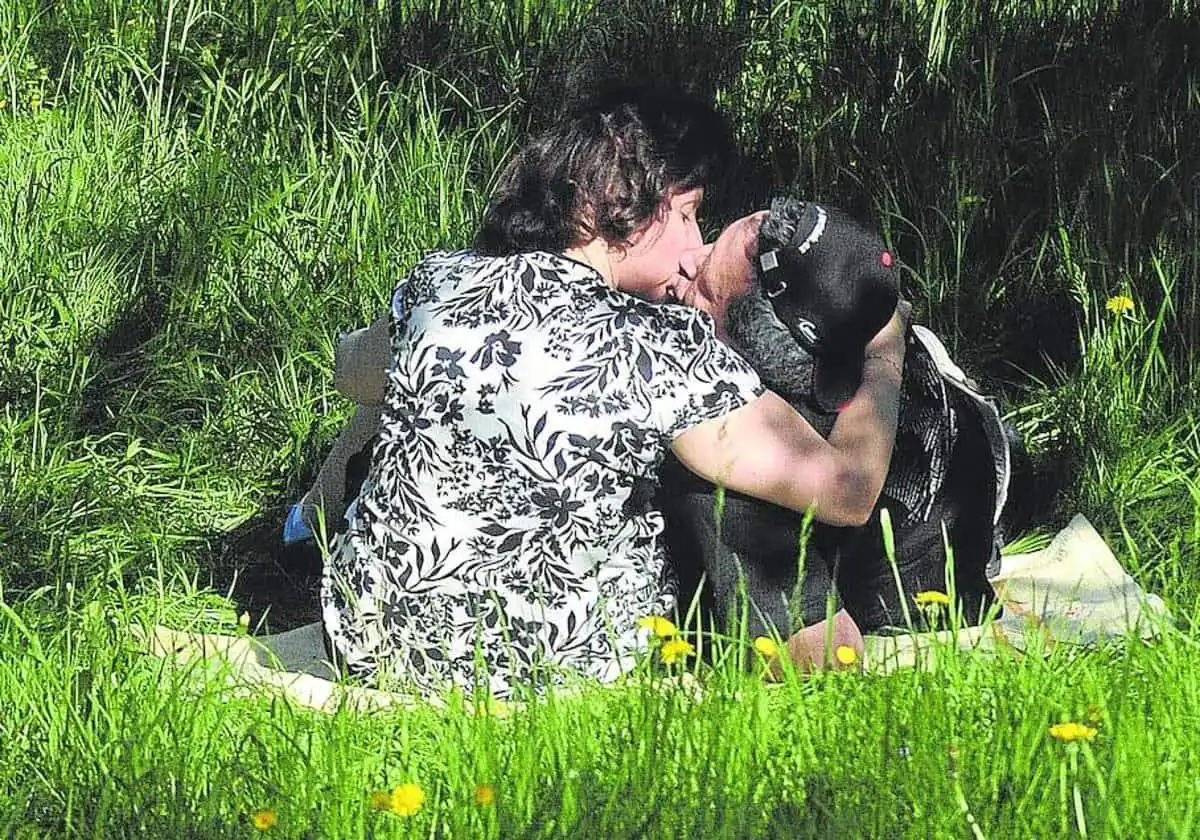Sexually transmitted infections on the rise among young Basques

According to the Basque Youth Observatory, cases of sexually transmitted infections among young Basques increased significantly in 2022, the latest year for which data is available. The figures come from the AIDS and Sexually Transmitted Infections (STI) Plan. In particular, the number of STIs among the Basque population aged 15 to 29 years old increased from 1,452 to 2,089 in just one year. When the total population is taken into account, the number of cases increased from 2,920 to 3,960.
As explained in a statement from the observatory, the data were obtained during specific Osakidetza consultations on STI issues in Bilbao, San Sebastian and Vitoria. According to the department, this is “partial” data that “does not constitute an epidemiological surveillance system,” but serves as “approximate for analyzing the situation and evolution” of this type of disease.
2089
new
cases of sexually transmitted infections reported among the Basque population aged 15 to 29 years in 2022
56.2
%
infections in the young population have occurred in humans. The most common are chlamydia, gonorrhea and syphilis.
Chlamydia infections are most common among younger populations since historical research began in 2012. In fact, in 2022, more than half of new cases identified among young people will be from this group of cases (1,340 of 2,089); There were 670 cases of gonococcal infection (gonorrhea) and much fewer cases of syphilis – 79.
The majority of infections (1173, 56.2%) occurred in men. However, it should be noted that chlamydial infection was more common among women. As age increases, more cases of the three types are reported; a total of 303 among those aged 15 to 19, 849 among young people aged 20 to 24, and 937 from 25 to 29 years.
Last year Osakidetsa admitted there was a “saturation” of STI treatment and parliament asked for more resources.
Above average
The situation with sexually transmitted diseases in Euskadi is alarming. In addition to the episodes identified among young people, the Basque Country has a very high rate of, for example, cases of gonorrhea. According to the Ministry of Health, the Basque Country is the second autonomous community with the highest number of infections – 63.82 per 100,000 inhabitants, second only to Catalonia (121.88). The average in Spain is 49.
Last November, the Basque parliament approved a proposal for the government to expand STI prevention measures and allocate the resources “that are necessary” to “ensure an adequate response to existing demand and strengthen early diagnosis capabilities.”
A few months earlier, in August, the Ministry of Health acknowledged that there was a problem of “saturation” in the attention paid to sexually transmitted diseases in Euskadi as a whole. Users of the service then warned about the high workload of institutions and delays in consultations.
